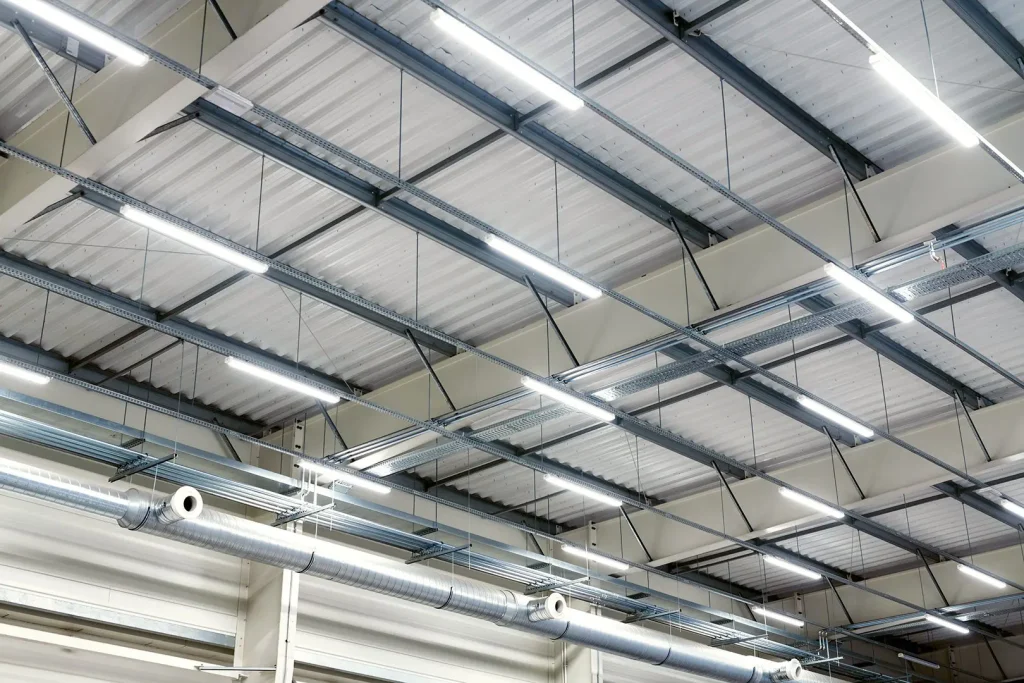How Building Automation Can Help Your Business Thrive With Rising Energy Costs.
The country’s economy is growing, but so are energy costs, which can make it hard to grow your business and turn a profit. But don’t worry, because Building Automation can help.
Nigeria’s economy is heavily dependent on fossil fuels, which are subject to volatile pricing. The rising cost of oil and gas has a ripple effect throughout the economy, pushing up electricity tariffs for businesses and households. This makes budgeting difficult and erodes profit margins.
Building Automation (BMS): A Strategic Response
BMS offers a strategic response to the challenge of rising energy costs. It intelligently integrates technology to manage a building’s systems, including lighting, HVAC, security, and more. Here’s how it empowers businesses:
- Reduced Energy Consumption: This system optimizes energy usage. Sensors and controls automatically adjust lighting, ventilation, and temperature based on occupancy and real-time conditions. This eliminates energy waste from unused spaces or unnecessary cooling/heating. According to the US Energy Information Administration (EIA), commercial buildings will likely use 29% more energy for air conditioning alone in 2050 than in 2020. Hospitals and medical facilities also use a substantial amount of energy, much of which goes into air handling and HVAC. According to Business Energy Advisors (BEA), ventilation in hospitals accounts for 19% of their energy use, and cooling accounts for another 21%.

- Data-Driven Decision Making: With BMS you get insightful data on energy consumption patterns. Your businesses can identify areas for improvement and make informed decisions about resource allocation. This empowers proactive energy management strategies.
- Remote Monitoring and Control: Building automation systems allow for remote monitoring and control. Business owners can manage energy usage from anywhere, ensuring systems are functioning efficiently even during off-peak hours.
- Improved Comfort and Productivity: Building automation creates a more comfortable and productive work environment. Consistent temperature control and optimized lighting enhance occupant well-being, leading to increased focus and potentially reduced absenteeism.

Building Automation: The Nigerian Context
While it is a well-established concept globally, its adoption in Nigeria is nascent. This presents a significant opportunity for forward-thinking businesses to gain a competitive edge. By embracing building automation, businesses can:
- Reduce Operating Costs: The financial benefits are undeniable. Lower energy bills translate to significant cost savings, boosting profitability and improving a company’s financial health.
- Enhance Brand Image: Building automation demonstrates a commitment to sustainability. This resonates with environmentally conscious consumers and can enhance a company’s brand image.
- Future-Proof Operations: Building automation lays the foundation for a smarter, more efficient future. Businesses that invest in this technology are well-positioned to adapt and thrive in an evolving economic landscape.
Conclusion
The rising cost of energy in Nigeria presents a challenge, but it also offers an opportunity for innovation. This solution empowers businesses to take control of their energy consumption, reduce costs, and create a more sustainable future.
By embracing this technology, Nigerian businesses can not only weather the current storm but also emerge stronger and more competitive.
Does your project need building automation services?
Fronthill is a leading Building Automation and Energy Management Company in Nigeria. Our team of experts can help you assess your needs, design a customized system, and ensure seamless implementation. Reach out to us today for a free consultation!

